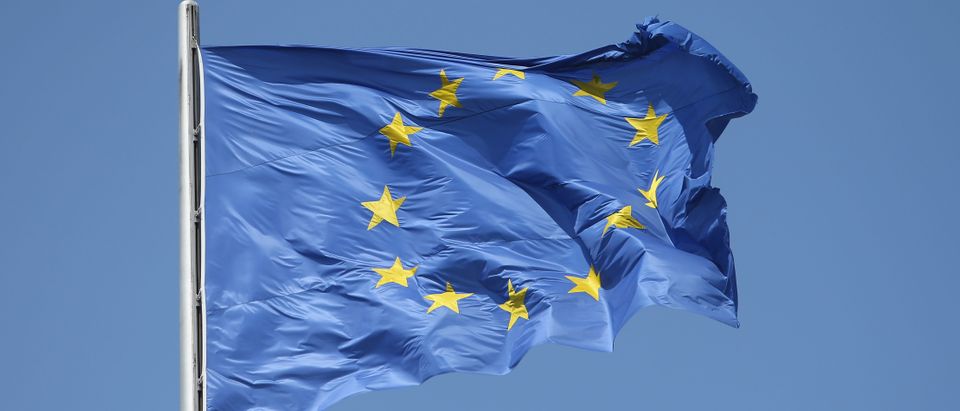For most countries, relief and recovery deficit spending, though necessary for navigating through the current crisis, will have to be recouped from the wallets of taxpayers. The European Union (EU), however, plans to fund its COVID-19 recovery efforts in another way: by taxing American businesses.
The EU’s competition commissioner, Margrethe Vestager, recently announced plans for an $845 billion recovery fund. To secure the revenue for this fund, Vestager said, “it is important to develop your own resources, and digital taxation is a good candidate.”
Just one problem — the bulk of the revenue the EU would derive from digital taxes is not the EU’s “own resources,” it’s the resources of American-based digital firms.
Advocates of digital taxes present them as a matter of tax fairness, a means of “levelling the playing field” between overtaxed brick-and-mortar businesses and undertaxed firms operating in the new, digital economy. This is a red herring, as effective tax rates paid by digital businesses and those paid by traditional firms are close to equal. Taxes that specifically target digital firms do not solve issues of tax fairness — they create them.
Instead, as the timing of Vestager’s announcement makes all too apparent, supporters of digital taxes are primarily motivated by the potential for extra revenue, not concern for an equitable tax code. Digital firms are seen as successful businesses that are potential cash cows. The fact that many of the largest digital firms are American is an added bonus, as it means little risk of those targeted by the revenue grab donning yellow shirts and marching on their capitals.
In fact, digital tax proposals so heavily target American businesses that the United States Trade Representative recently announced investigations into whether these tax proposals violate trade treaties, leaving the door open to retaliatory action. The Trade Representative has a strong case — one recent Georgetown University analysis determined that a French digital tax proposal could face legitimate challenges on the grounds of bilateral tax treaties, European Union law, and international trade law.
And hopes that these debates will be resolved through the usual diplomatic channels may be sputtering out. The Trade Representative recently directed the United States to step away from related talks on Organization for Economic Cooperation and Development-wide agreement over digital taxation over European intransigence.
And even should the Europeans move forward with these damaging revenue collection methods, they may find themselves competing with several American states. States such as Nebraska and New York have already seen proposals for digital taxation introduced in their legislative chambers.
Maryland even had a proposal for a digital advertising tax make its way all the way through its legislative branch before Governor Larry Hogan wisely vetoed it. After all, the tax would not only have represented bad policy, but it was legally questionable on an almost humorous number of grounds — potentially violating the Permanent Internet Tax Freedom Act, the Commerce Clause, and even the First Amendment.
The fact that the Trump administration has signalled that it will not allow European countries to target American businesses with discriminatory taxes is a positive sign. Economic recovery will be difficult enough without other countries speculating at how they can sabotage the American economy through unfair taxes imposed without U.S. consent.
But the administration will need to remain on alert. If European states are still building “revenue from American cash cows” into their recovery budgets, it’s clear that they haven’t gotten the message yet.
Andrew Wilford is a policy analyst with the National Taxpayers Union Foundation, a nonprofit dedicated to tax policy research and education at all levels of government.


